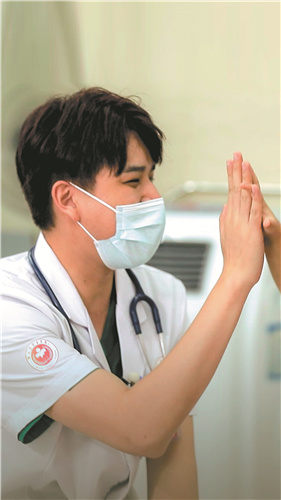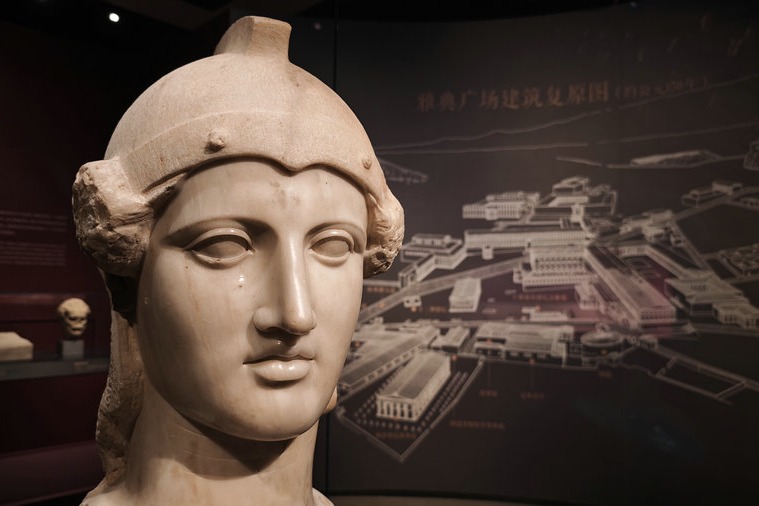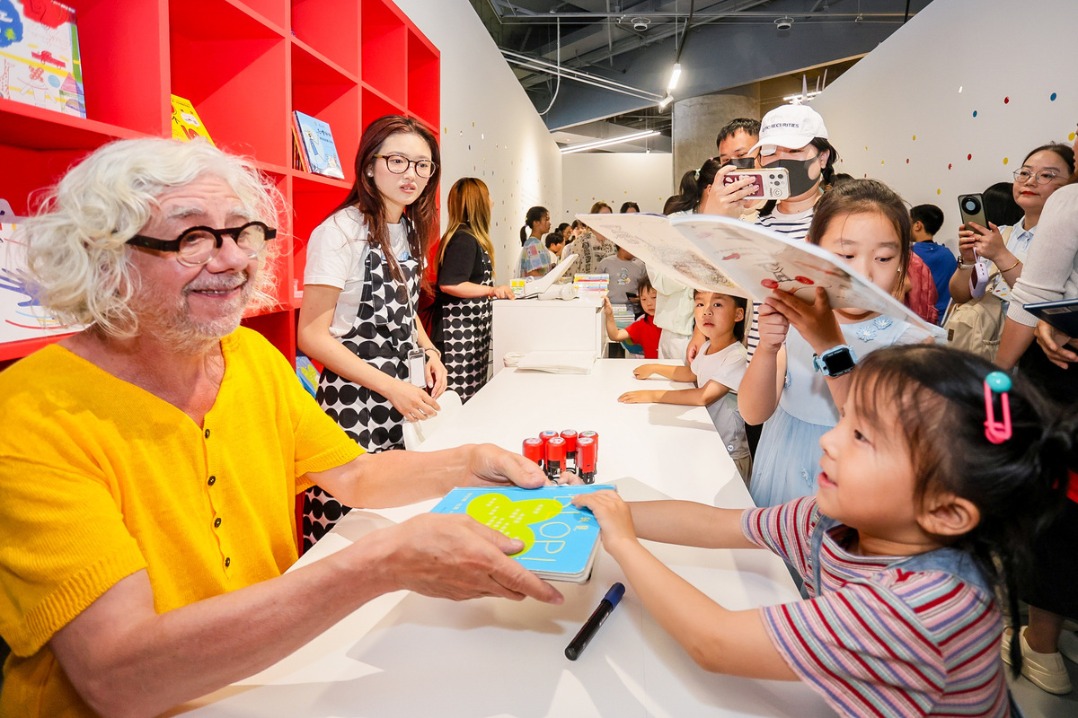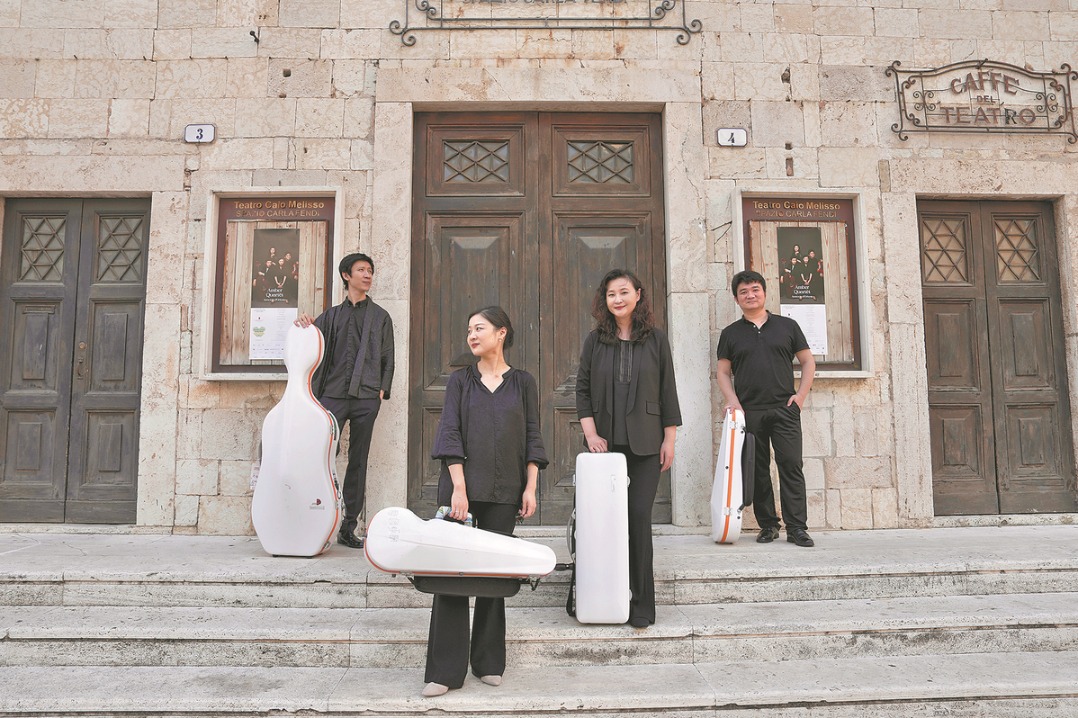Doing it for the kids


Wang was surprised to find that, although it was the doctors who saved the patients, the doctors said they actually gained a lot from the experience. "Pediatricians actually protect people who are in the weakest period of their lives, but this period also witnesses the most miracles. When I saw Peng and his colleagues smiling under their masks when they saved a baby, I knew that, although they were really tired, they loved their job.
"Many medical documentaries put the emphasis on the efforts and sacrifices of doctors, but we also want to show what the pediatricians gain from their work."
Wang's ambition is to provide a panoramic view of doctors, patients and the fight against their illnesses in a collaborative way. "When disaster comes, we join hands and try to conquer it with a collective effort, and try to face the setbacks with a positive, caring and even amusing attitude. Just as Austrian poet Rainer Maria Rilke once wrote, 'That is why it does not cease to be difficult, but that is also why it will not cease to grow'. I hope the audience can take comfort in this work."
Wang says he hopes to call on society to pay attention to the work of pediatricians through this production, build a good environment for them to thrive, so that more medical majors will choose to become pediatricians in the future.
"Children often have difficulties expressing themselves and describing their physical situation. Their conditions can get worse quickly, especially with their weaker physical tolerance. Doctors are generally less trained to treat children's illness, and pediatricians have a relatively higher workload and less income compared with other doctors. That's why many medical students choose to work as doctors for adults instead of for children," says Fan.





































